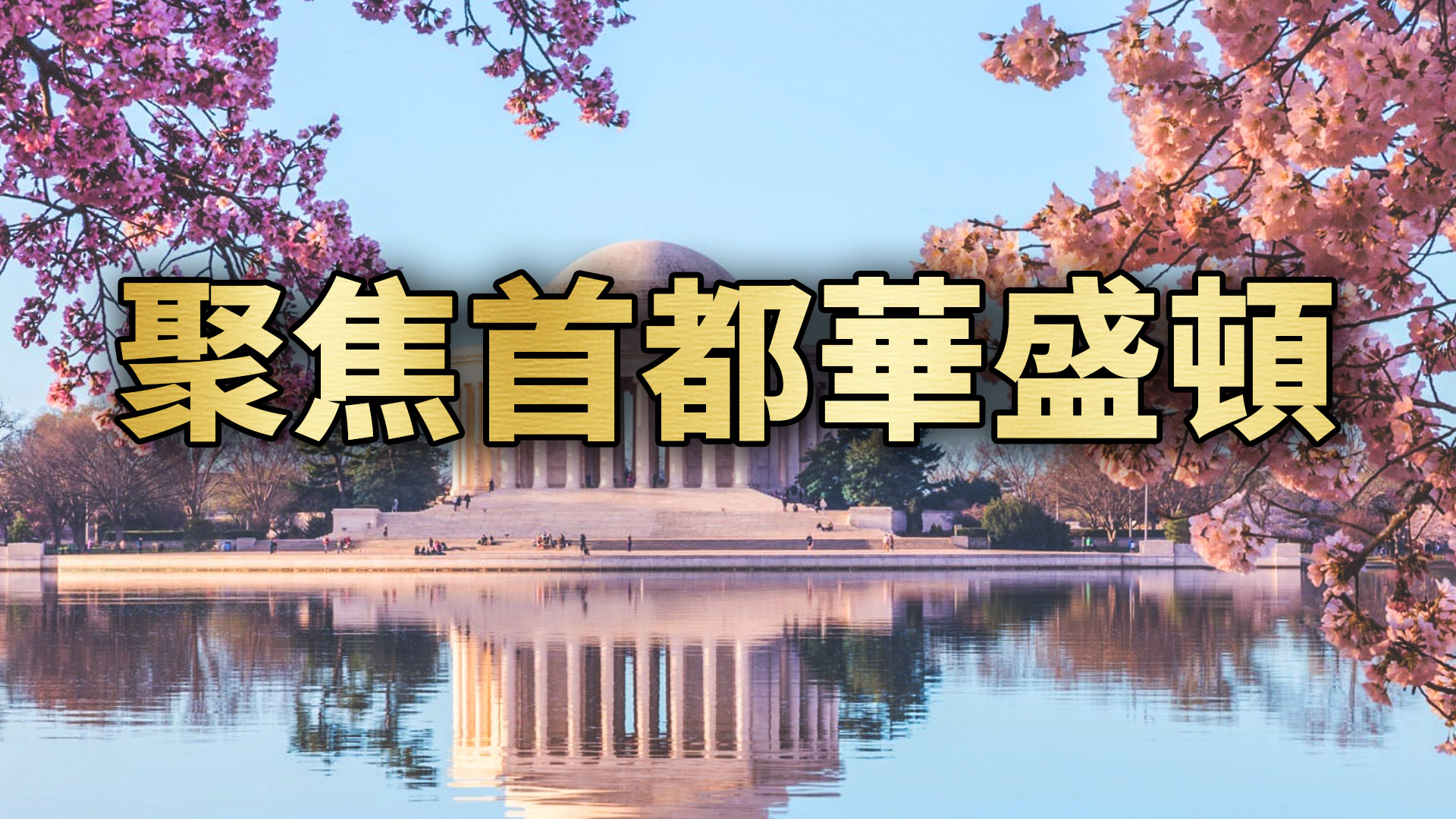Headline: General Election Set for November 29: Simon Harris Announces Date
In a significant announcement that is set to reshape the political landscape in Ireland, Taoiseach Simon Harris has confirmed that the general election will take place on Friday, November 29, 2024. This pivotal moment comes on the heels of the Dáil’s passage of the Finance Bill, which clears the path for the upcoming election. As the nation gears up for a robust electoral battle, this election will not only impact political affiliations but could also have far-reaching implications for various sectors, including technology.
The Announcement and Its Timing
Taoiseach Simon Harris made the announcement official during a press conference at government buildings in Dublin. The setting was ripe with anticipation, as political observers speculated on the potential for high voter turnout and intense competition among party candidates. "This election comes at a crucial time for Ireland," Harris stated. "It will allow the people to voice their opinions on policies that affect their daily lives, including crucial initiatives aimed at advancing the technology sector."
The decision to hold the general election on November 29 follows months of speculation regarding the timeline, especially after the Finance Bill was successfully passed, allowing the current government to finalize its budget proposals before the election. This legislative move implies a commitment to fiscal stability, which is critical for economic development, especially in technology-driven industries.
What’s at Stake for the Technology Sector?
As the country braces itself for what could be a contentious election, technology professionals and enthusiasts alike should pay close attention to the candidates’ platforms. Key topics likely to emerge include:
-
Digital Infrastructure: Candidates are expected to address investments in broadband and 5G technology, particularly in rural areas. Improved digital connectivity can lead to significant economic advantages and enhance the operational capabilities of tech start-ups.
-
Innovation and R&D Funding: The allocation of government funds towards innovation will be pivotal. Discussions around increasing research and development funding could influence both current and future technological advancements in Ireland.
-
Data Privacy and Regulation: With stricter data protection laws being a hot-button issue, how candidates approach data privacy regulations will matter greatly to both consumers and tech professionals.
- Workforce Development: With the tech industry ever-evolving, discussions surrounding education reforms aimed at cultivating a skilled workforce are expected to take center stage, providing a roadmap for the next generation of tech leaders.
Candidate Positions and Public Response
So far, major political parties have begun to outline their stances. The Fine Gael party led by Harris is anticipated to advocate for more business-friendly policies designed to attract foreign investment, crucial for sustaining the vibrancy of Ireland’s tech landscape. Meanwhile, the opposition, including parties like Fianna Fáil and Sinn Féin, may underscore the need for robust social policies that address inequality, particularly in tech ownership and job distribution.
"This election is about the future," said Dr. Ciaran O’Reilly, a political analyst at University College Dublin. "Voters will inevitably weigh their decisions based on how each party intends to foster a competitive environment for technology and innovation while ensuring ethical governance."
Voter Engagement and Technology
The timing of this election coincides with heightened awareness regarding the role of technology in politics. In recent years, digital platforms have significantly influenced campaign strategies, allowing candidates to reach younger, tech-savvy voters more effectively. This trend makes it imperative for electoral candidates to leverage social media, online advertising, and data analytics to boost voter engagement.
Moreover, organizations like TechIreland are encouraging tech professionals to engage in sourcing candidate platforms related to technology. "We are pushing for informed voting within the tech community," added a spokesperson for TechIreland. "Understanding candidates’ policies on technology helps us advocate for a future that’s not only innovative but also inclusive."
What Comes Next?
As we approach the November 29 general election, it is crucial for voters, especially in the technology sector, to familiarize themselves with the candidates and their respective policies. This election is not just about choosing a party, but about casting a vote that could influence the very fabric of Ireland’s technological future.
To stay updated on the developments leading up to the election and to understand candidates’ positions more thoroughly, readers can visit authoritative sources such as TechCrunch, The Verge, and Wired alongside regularly checking Shorty-News.
Engagement from readers is encouraged; what are your views on how the upcoming election may shape the technology landscape in Ireland? Share your thoughts in the comments below or engage with us on social media.
